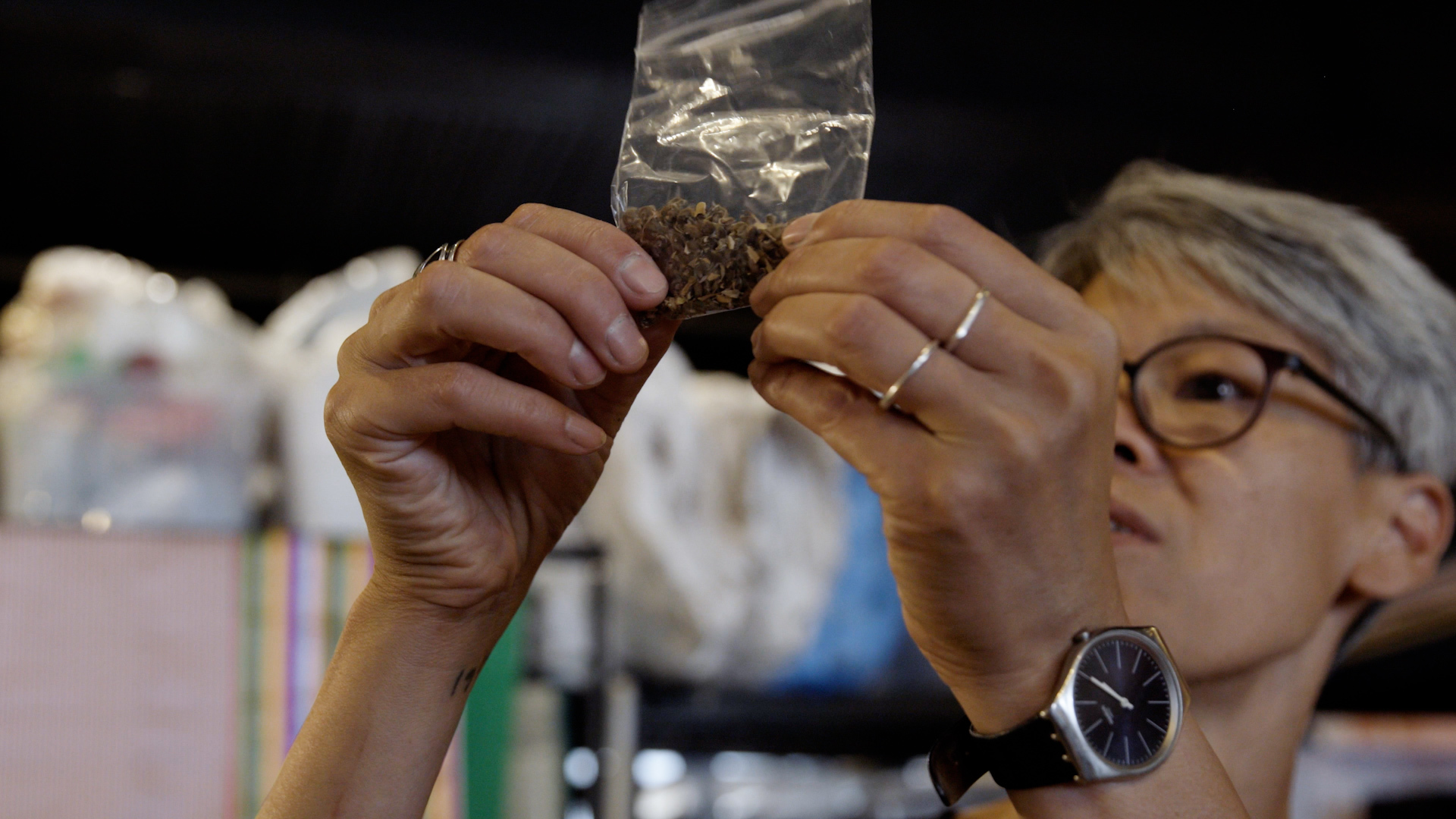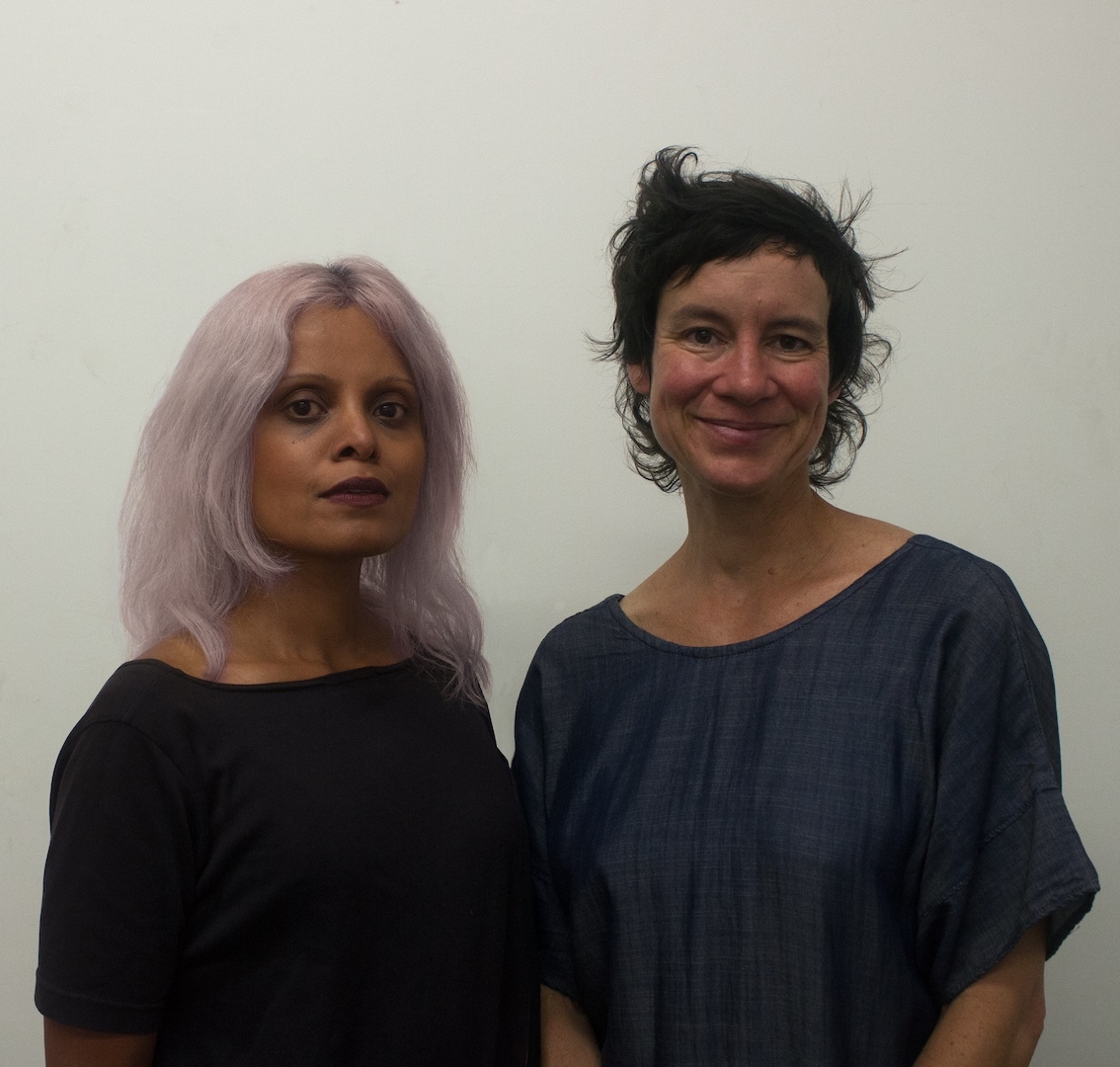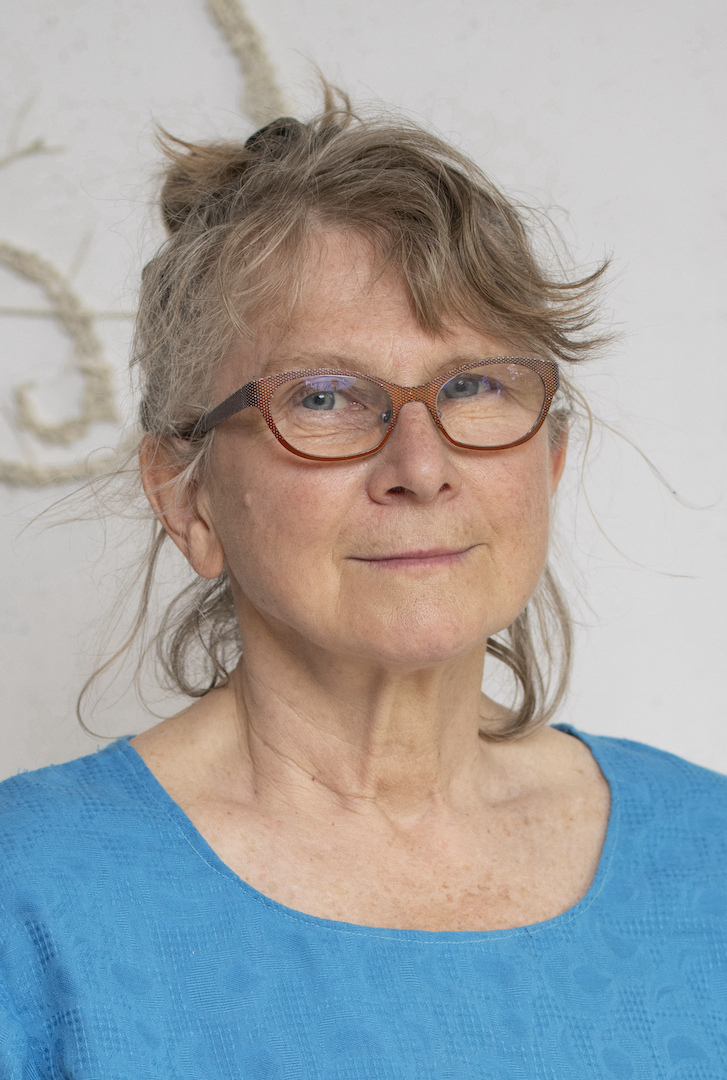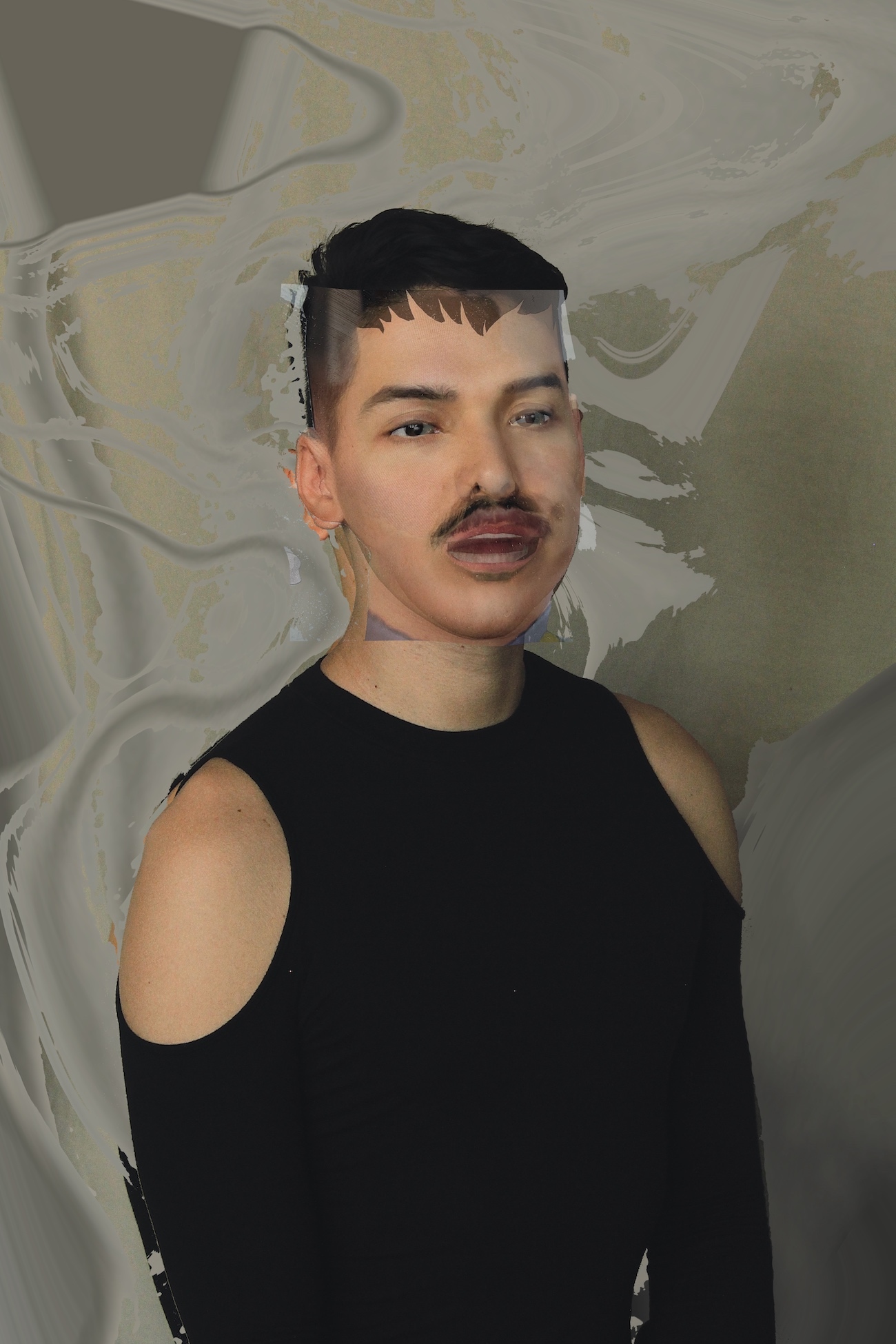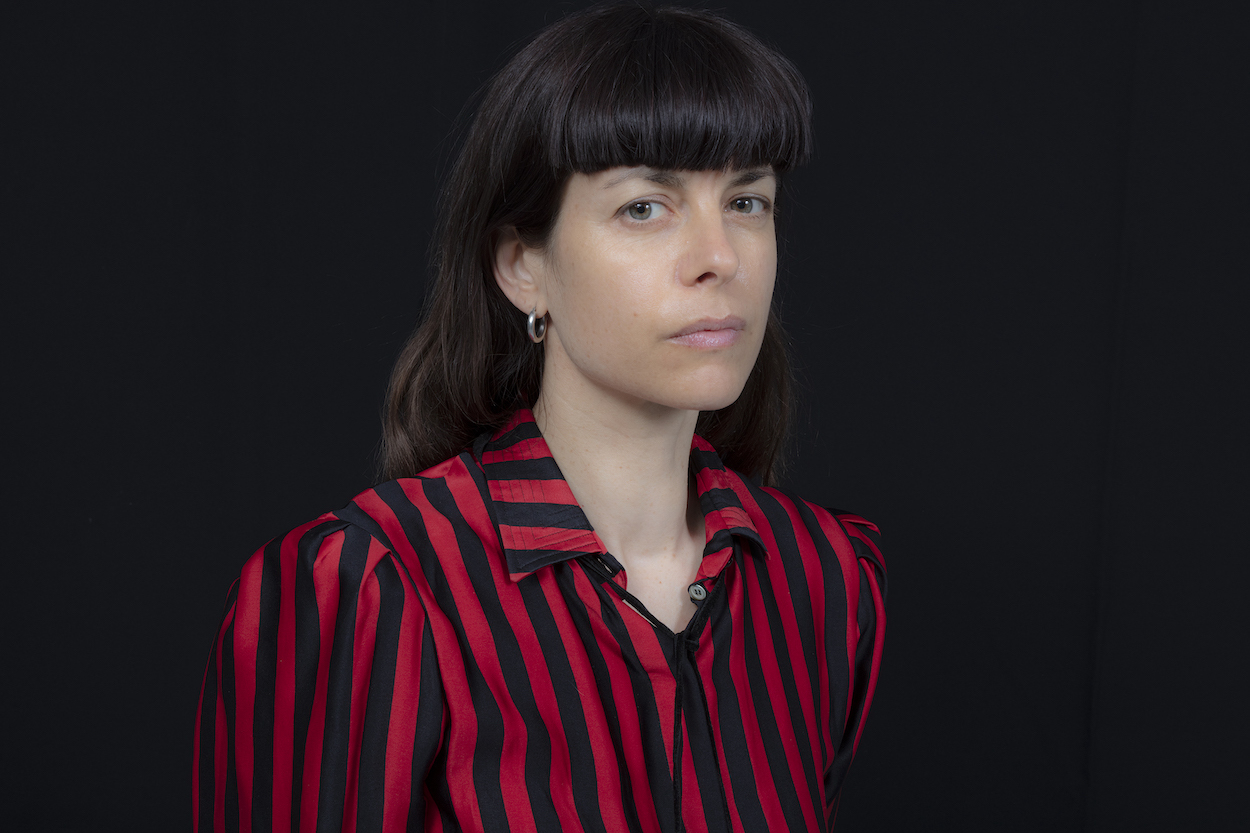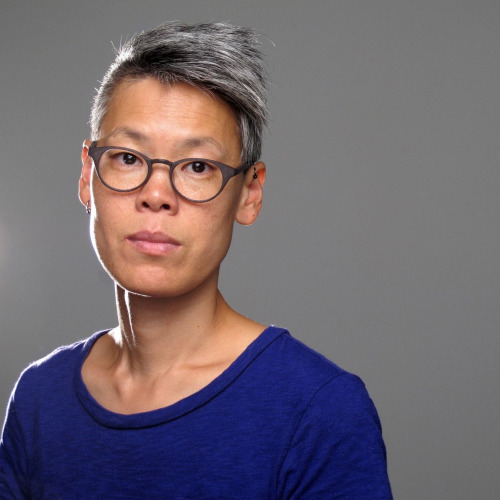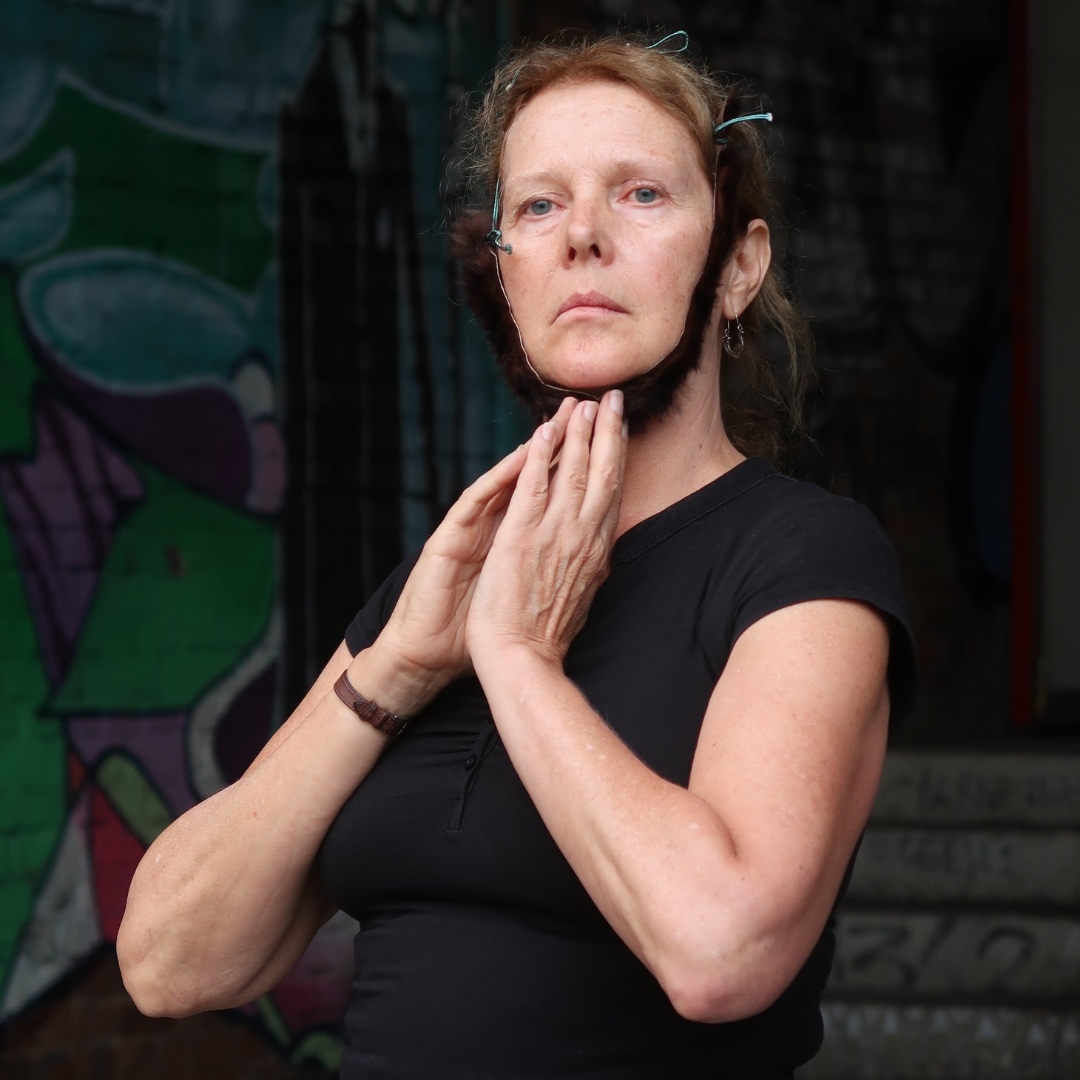
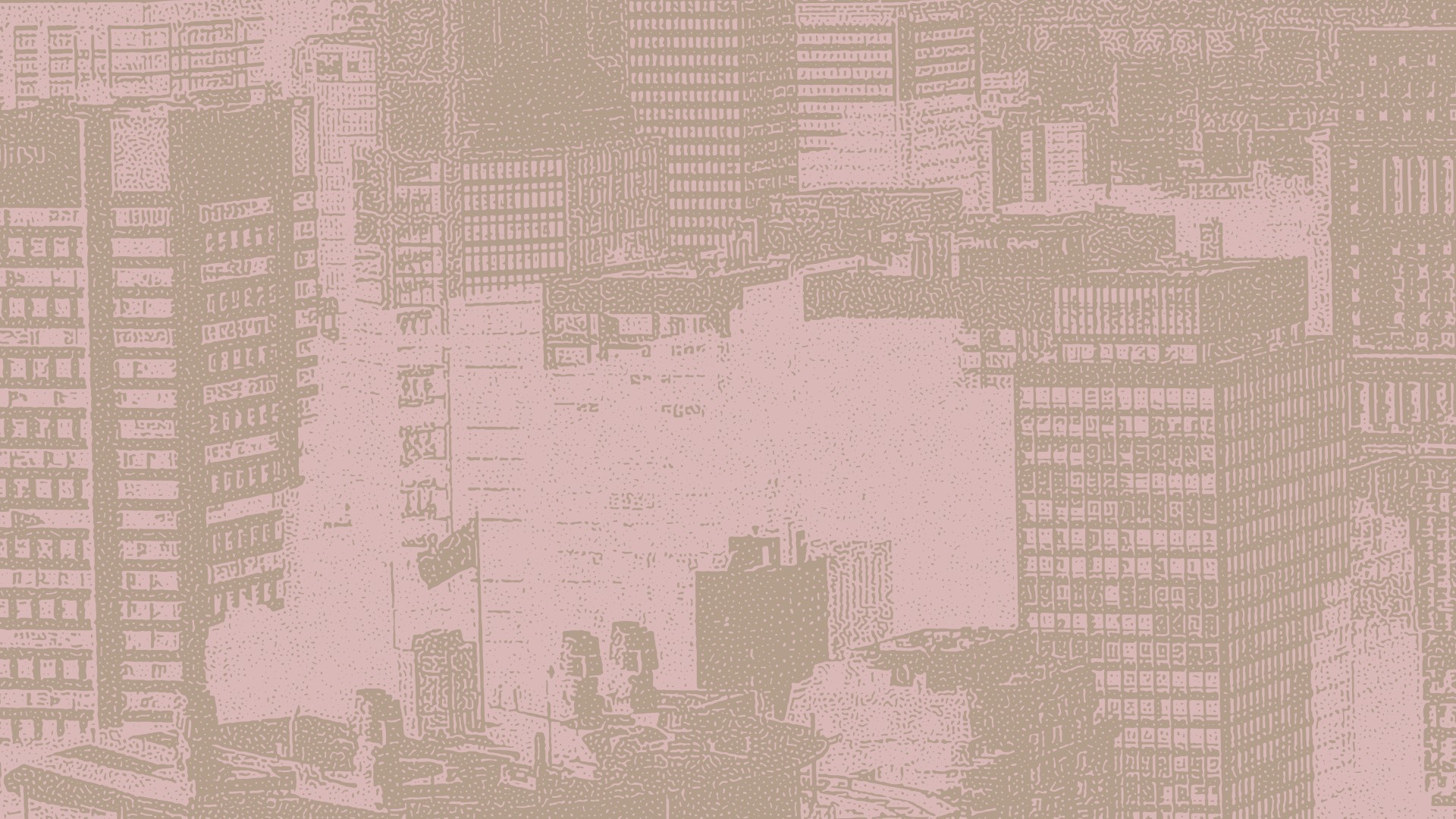
Home
RESIDENCIES
PHI MONTRÉAL
The Residency
This residency program, produced in partnership with the Conseil des arts et des lettres du Québec, offers an artist residing in Montréal and an artist residing in Québec outside Montréal the opportunity to collaborate with the PHI Foundation for Contemporary Art for the conception and presentation of a public engagement project.
The outcomes of this residency can take on a multiplicity of forms, including (but not limited to) talks, performances, a compact exhibition or creative workshops.
The PHI Montréal Residency grounds itself in the emerging field of public engagement, an approach founded on sustained dialogue and collaboration between artists, cultural institutions and communities in the ideation, development and presentation of artworks. Increasingly present in academic and museum circles in North America, public engagement brings together several types of artistic projects: those with an pedagogical, educational or community component; those resulting from cultural mediation, art in socius or social practice; or even those imagined in co-construction with the public. Collaborators taking part in these projects can come from a variety of backgrounds, ranging from families and younger generations to groups affiliated with schools or community organizations. The field also makes room for multi-disciplinary approaches, and artistic productions based on research or on the process, or even exploratory. Thus, applications from artists of all disciplines and backgrounds, including artists wishing to gain professional experience in collaborative working methods or socially rooted practices, are strongly encouraged.
All these types of projects, although they involve different groups, have the common point of multiplying the opportunities for the artists and the public to meet: in the process of ideation of a work, in its prototyping and design, as well as in its presentation or distribution. The public loses its passive role, becoming an essential actor in the realization of a project. Public engagement projects also resonate with various societal issues, and offer art as a space for reflection and action where certain urgent questions of our present can be addressed.
Selected Artists

Jacqueline
van de Geer
Jacqueline van de Geer is Dutch and moved to Montréal in August, 2005. She was born in Rotterdam, a place scarred by two bombings during the Second World War. Intimacy and reconnection are keywords in her work, with the aim of opening up the collective experience of participants. Van de Geer wants to celebrate aging in her residency project. A way for her to present the duality between eternal youth and the act of growing old.
Photo: Wolggang Schunck
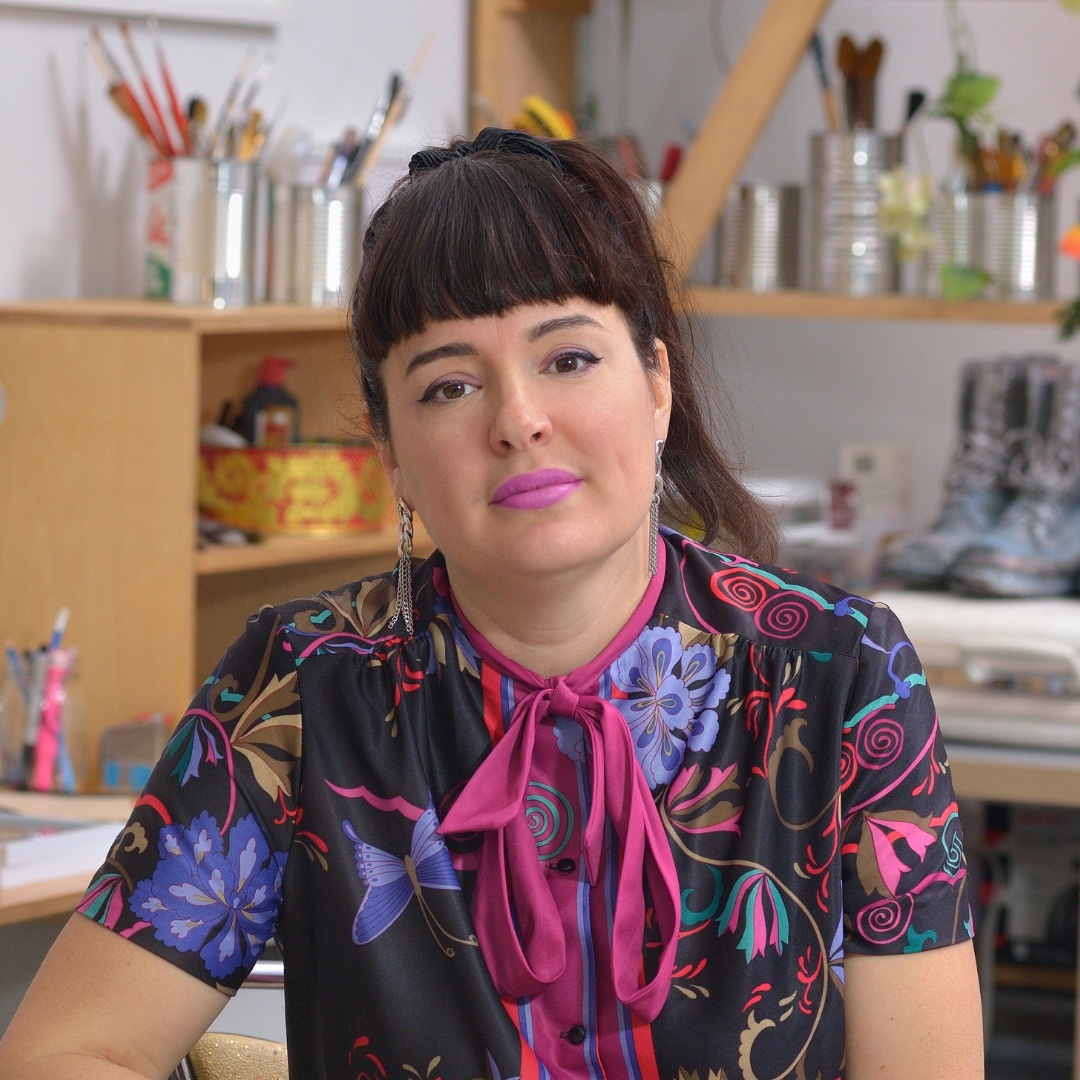
Annie
Baillargeon
Annie Baillargeon was born in Victoriaville and studied visual arts at Université Laval in the city of Québec, where she lives and works. Baillargeon proposes Cosmology of mutations: towards a brilliance of possibilities, a project inspired by the notion of somatheque, formulated by the philosopher Paul B. Preciado, who conceives of physicality beyond medical and psychiatric discourse. Her desire is to break away from externally imposed models and the desire to initiate a collective mutation within the bodies themselves.
Photo: Étienne Boucher

PHI Montréal Calendar
Residency location: Montréal, Québec (Canada)
Duration: 6 months
→ Call for proposal:
March 6 to May 5, 2023, at 11:59 PM
→ Online Q&A session (in French):
April 18, 2023, at 4 PM
→ Online Q&A session (in English):
April 20, 2023, at 4 PM
→ Public Announcement of selected artists:
September 2023
→ PHI Montréal Residency period:
January to June 2024
→ Project presentation:
June 2024
Contact
For more information, please contact [email protected]
Curatorial theme:
reflections: between extraction and desire
Artists are invited to submit an artistic project based on the following theme:
Our desire for things that shimmer, irradiate, shine and scintillate has deeply impacted our daily lives, as evidenced both by mythology and history. The story of Narcissus, one of the most enduring Greco-Roman myths, is based precisely on how attracted we are to our own reflection, which locks our gaze and becomes a prison of our being. It has come to name a state that, for many, is characteristic of our contemporary times, as we are engaging with objects and settings that prey on that initial captivation. Meanwhile, only a few centuries ago, a desire for self-reflection was so profound that industry disregarded the mercury poisoning that workers making mirrors would suffer from, isolating factories on islands and remote areas so they could keep producing shiny things that were traded all over the world.
From the glitter that is both a bedazzling source of self-expression while being toxic for the environment; from the illuminating screens that absorb us and cut us off from the world as much as they allow us to relate and connect to one another; from the oil and gold for which some are ready to destroy the planet, but on which our systems are overly reliant on; to be interested in shine is to move towards the source of light, but also to reveal powerful dynamics of overexploitation and overextraction, making use of the resources of the world up to their complete exhaustion.
In a time of fragmentation where it is increasingly easy to cultivate cynicism and despair, and in which solutions lie in changing the ways we engage with the world around us, can we imagine art to be a place of renewed shine and beauty? What would that shine look, sound and feel like? How does it explore the tensions inherent in our contemporary moment? How can it be modulated through collective action? Would it allow us to forge ahead with more care and attention towards what surrounds us?
Program Details
Selected project will receive:
A grant of $12,000 CAD for the selected artist residing in the greater Montreal area, offered by the Conseil des arts et des lettres du Québec;
or
A grant of $12,000 CAD to the selected artist residing outside the greater Montreal area as well as accommodation at their disposal in the Montreal area offered by the Conseil des arts et des lettres du Québec;
as well as:
A fee for the rights of exhibition and presentation will be given and determined according to the final project;
Up to $5,000 CAD for production expenses;
Personalized support from the PHI Team over the course of the residency:
Curatorial support,
Technical support,
Production support;
Access to the following PHI VDO facilities: PHI’s sound and video recording and editing studios with PHI staff; access to PHI offices and administrative spaces;
Promotional support of the final presentation across PHI networks;
Public exhibition of the final project at PHI, including installation support;
Access to PHI’s vast network of collaborators;
Production of a short video profile for promotional purposes;
Cost of transport, insurance, and installation of the final project during its presentation, if applicable.
Residency Structure:
RESEARCH AND IDEATION PHASE
> 1 month
At this step, the artist is invited to get familiar with the PHI Foundation, its team, its resources and the various communities it engages with. This phase also serves as a research period, where the artist can focus the scope and objectives of the proposed project. The selected artist will work closely with the Adjunct Curator - Engagement at the PHI Foundation, who will offer guidance throughout the development of the project.
↓
WORKSHOP AND IMPLEMENTATION PHASE
> 3 months
After the initial research and ideation, the artist is invited to workshop, test and develop the project during this phase. The artist will be able to meet key members of PHI Studio and PHI Foundation who could provide their technical expertise to the implementation of the project. The artist will then carry out the planned project with communities with whom the project is engaged.
↓
PREPARATION AND PRESENTATION OF THE PROJECT
> 2 months
At the end of the residency, the artist will be invited to prepare and present the results of the workshop and implementation phase to the public, in a format that suits the nature of the project: public talk, colloquium, art workshop, performance, presentation of documentation from the process in various formats, sound piece or podcast, video, mini-exhibition...
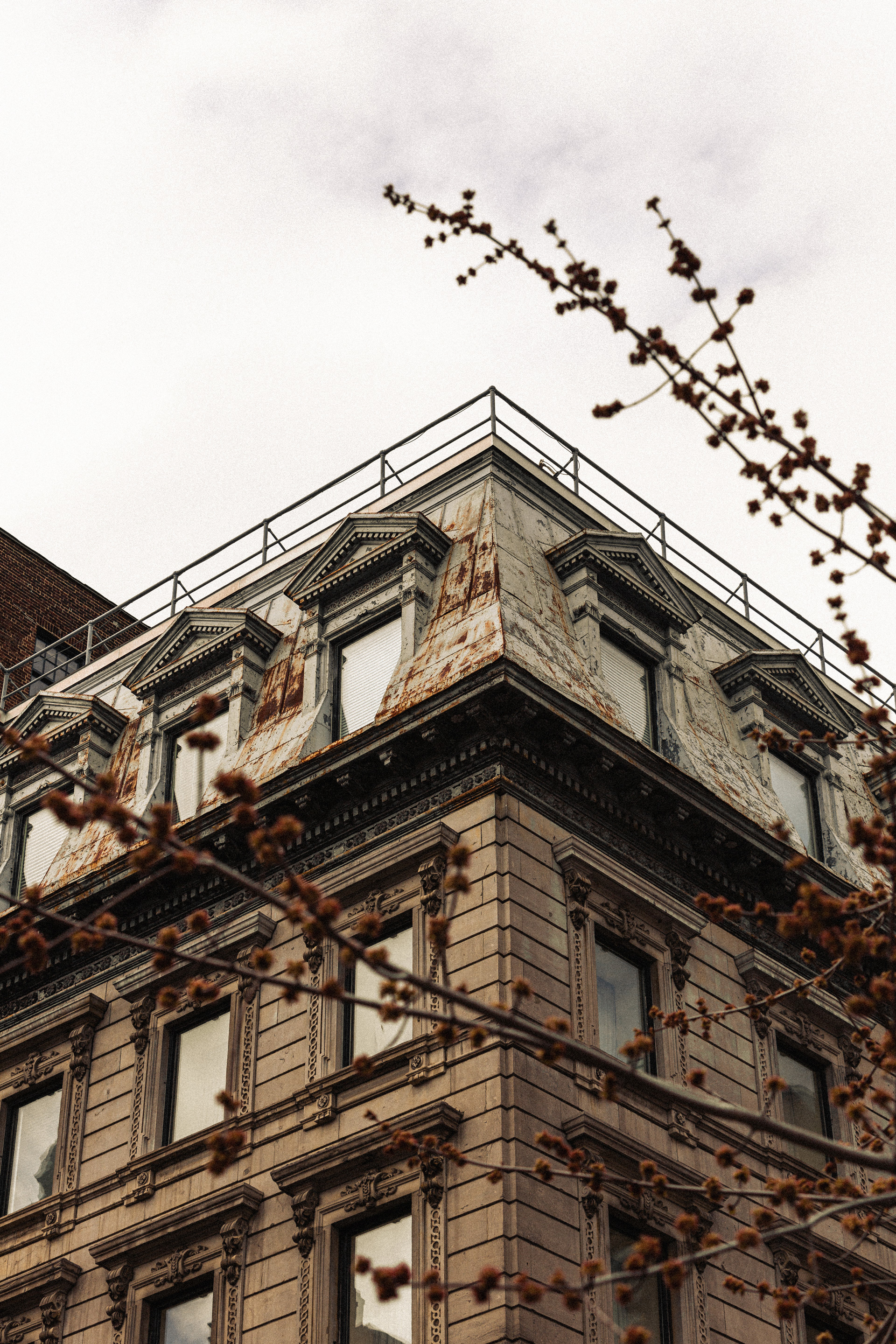
Eligibility Requirements
Artists residing in Montréal and artists residing in Québec outside Montréal with a professional practice (including emerging artists) are invited to submit their application;
Artists working in all disciplines recognized by the Conseil des arts et des lettres du Québec (CALQ) and writers from Québec are eligible. The fields in which the CALQ exercises its attributions are circus arts, multidisciplinary arts, digital arts, visual arts, popular song, film and video art, dance, literature and storytelling, arts and crafts, music, theatre, and architectural research.
Evaluation of Applications
Evaluation criteria
Artistic quality of the work
Interest and relevance of the project
Feasibility of the project
Process
All applications are evaluated on their merits, based on the specific objectives and assessment criteria for each of the program components. The selection process takes into account the comparative value of the projects and the available credits.
The applications are evaluated by a jury whose members must appear in the official roster of resource persons (this roster is approved by CALQ's Board of Directors).
PHI is committed to equity in all its forms.
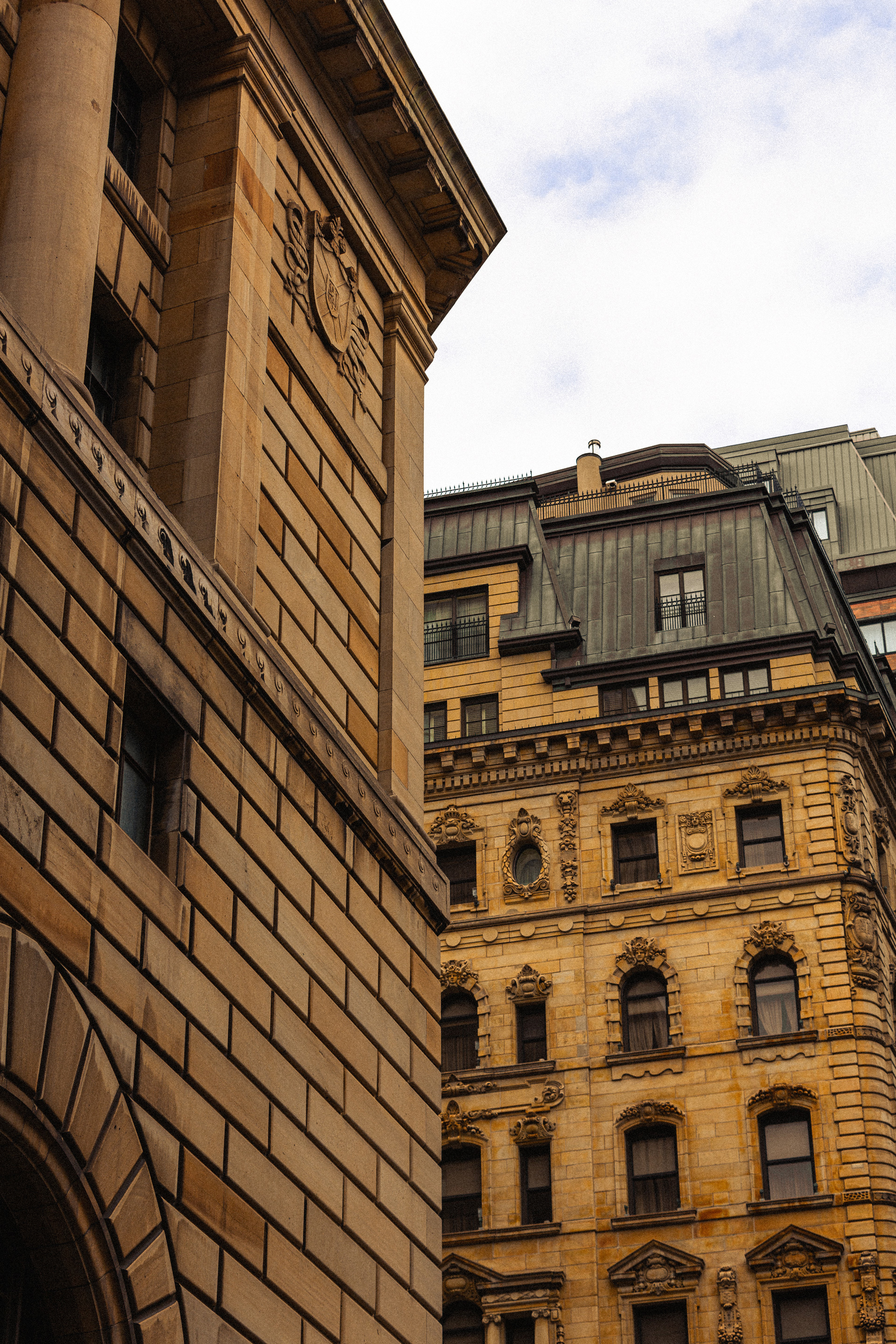
FAQ
Check out the PHI’s FAQ below. We also invite you to consult the Frequently Asked Questions of the Conseil des arts et des lettres du Québec, which contains the answers to the most frequently asked questions concerning grant programs.
For any questions regarding the PHI Montréal Residency, please contact [email protected].
Public engagement is an approach that is interested in rethinking dialogue between institutions, artists and their audiences. Within the museum context, it aims at involving communities more directly in the conception and presentation of artistic projects, usually through collaborative or co-creative processes. The concept of public engagement can be linked to a variety of methodologies in contemporary art, including cultural mediation, or socially engaged, in socius or in situ, pedagogical or educational practices.
Two artists will be selected; an artist residing in the greater Montréal area and an artist residing outside the greater Montréal area.
Yes! If you have further questions about the application process, selection process and PHI Montréal Residency as a whole, we invite you to attend our online Q&A session (in French) April 18, 2023, at 4:00 PM or the online Q&A session (in English) April 20, 2023, at 4:00 PM We invite you to email your questions beforehand.
If you have questions beyond this, or cannot attend the session, simply direct your questions to [email protected]
In partnership with the Conseil des arts et des lettres du Québec (CALQ), the PHI Montréal program is aimed at artists from all disciplines recognized by the CALQ and writers from Québec. The fields in which the CALQ exercises its powers are circus arts, multidisciplinary arts, digital arts, visual arts, popular song, film and video art, dance, literature and storytelling, arts and crafts, music, theatre, and architectural research.
Yes. The project must be able to fit into the theme of the PHI Montréal residency.
Accommodation is offered for the selected artist residing outside the greater Montréal area only, made available by the Conseil des arts et des lettres du Québec for the duration of the residency.
Projects do not have to be made on site at PHI, but the artist will indeed have access to some PHI facilities during the residency period, including PHI VDO’s sound recording and editing suites, and PHI offices and administrative spaces. Access to these spaces will be coordinated with the PHI Montréal Project Coordinator, depending on the needs of the artist.
The PHI Centre and PHI Foundation are partially accessible for those with reduced mobility, although additional assistance may be required and will be arranged with anyone who requires it.
Artists across all disciplines are encouraged to apply with their proposed project. Are you a dancer with an idea for a video project? A poet with a textile installation in mind? A design duo who wants to make an interactive artwork? We welcome all sorts of projects, not only object-based works.
There may be an opportunity to borrow equipment from PHI during the residency, depending on the need and scope of the request, this decision will be at the discretion of the PHI team.
The artist will have access to the following PHI VDO spaces during the residency period: PHI’s sound recording and editing studios, and PHI offices and administrative spaces. Access to these spaces will be coordinated with the PHI Montréal Project Coordinator, depending on the needs of each artist. The artist will also be given a tour of the PHI Foundation spaces during the onboarding period of the residency.
Already completed projects are not eligible for this residency. Your proposed project may be a continuation of a past series, but must integrate new elements to be workshopped during the residency period.
There is no application fee.
The selected project will receive a grant of $12,000 CAD, a fee for the rights of exhibition presentation and up to $5,000 CAD for production expenses. Participating artists are therefore not required to apply for additional funding.
The final project will be presented in June 2024.
Yes; all participating artists will be asked to sign a Letter of Agreement with PHI.
The PHI Montréal Residency is only open to those with Canadian Resident status at this time.
Selected artists will be contacted by the Conseil des arts et des lettres du Québec and the residency will take place between January and June 2024.
Yes, PHI retains the exclusivity on the first presentation of your project. However, the artist is welcome to use what has been produced during the residency to generate other artworks or projects as long as the PHI Montréal residency is credited accordingly. Your project remains your intellectual property, of course.
PHI is a cultural infrastructure dedicated to supporting contemporary art and artists probing the key agenda of our times, and facilitating access between them and the public. Composed of three entities — PHI Studio, PHI Foundation, and PHI Centre — PHI is guided by values that include generosity, rigour, the importance of community, and devotes itself to the innovation and evolution of cultural experiences that both challenge and delight.
To reiterate its commitment to supporting local artistic communities, and to help shape the art of tomorrow, PHI offers three artistic residency programs annually: North, Montréal and Immersive. Although each residency meets different artists’ needs, our common mission is to provide our artists in residence with the tools, support, and impetus they need to expand the scope of their practice and take it to the next level.
To reiterate its commitment to supporting local artistic communities, and to help shape the art of tomorrow, PHI offers three artistic residency programs annually: North, Montréal and Immersive. Although each residency meets different artists’ needs, our common mission is to provide our artists in residence with the tools, support, and impetus they need to expand the scope of their practice and take it to the next level.
The Conseil des arts et des lettres du Québec (CALQ) invests in the imagination and celebrates the successes of those who create memorable works, shape Québec’s cultural identity, and make it shine. With a view to equitable, sustainable artistic development, the CALQ supports creation, experimentation, and production in the arts and literature in all regions of Québec and promotes dissemination in Québec, Canada, and abroad.
The CALQ’s residencies program is for professional artists and writers seeking regeneration and exploration, who want to immerse themselves in other cultures or have access to internationally renowned facilities to conduct research and seek out new avenues for creation.
Past Laureates and Related Content
